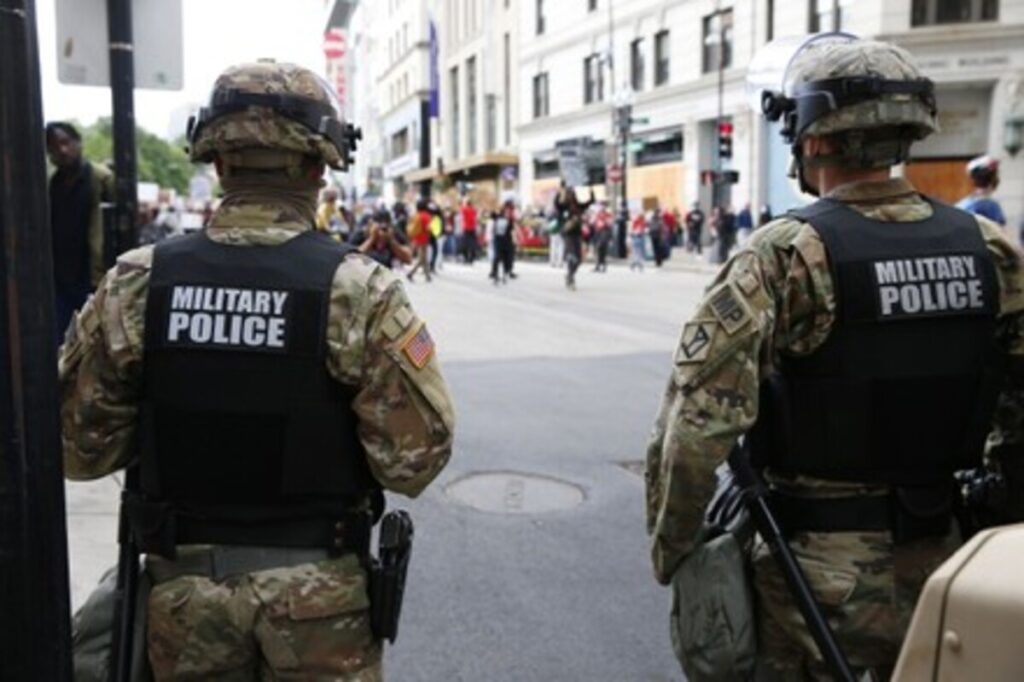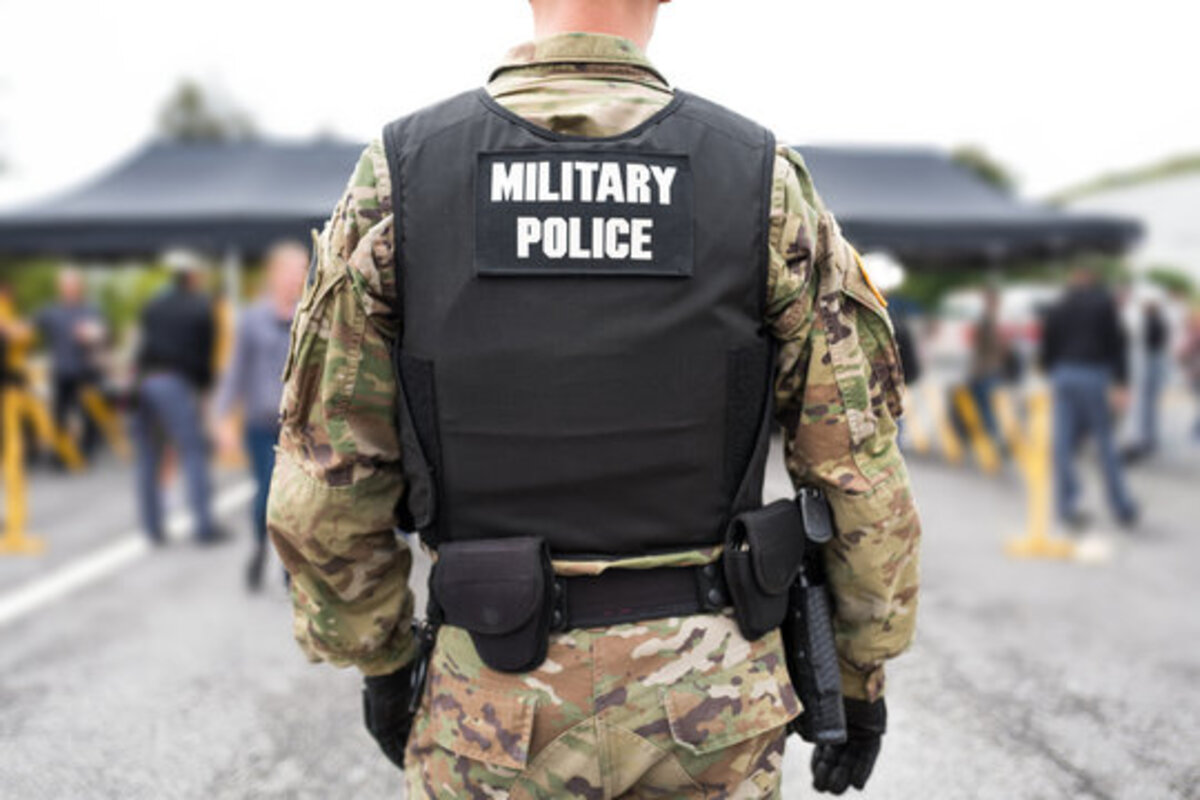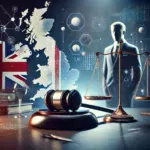Military police (MPs) are a crucial component of military forces, responsible for maintaining discipline, enforcing laws, and protecting personnel both on and off military installations. However, despite their vital role, MPs often find themselves associated with a negative reputation. The question that arises is, why do military police have such a bad rep? This article delves into the factors that contribute to this perception, exploring historical contexts, operational challenges, and public opinion.
1. The Role of Military Police: Balancing Authority and Service
Military police perform many of the same duties as civilian law enforcement, but their responsibilities are often more complex due to the unique nature of the military environment.
MPs enforce military law, secure bases, and conduct investigations into serious crimes, all while interacting with soldiers, commanders, and civilian populations. Despite their essential work, the bad reputation of military police can stem from how these responsibilities are carried out and perceived.
Unlike civilian police officers, MPs often serve dual roles: upholding legal standards while also acting as members of the same military unit they police. This duality can create tensions, particularly when military personnel feel scrutinized or targeted by their peers in law enforcement roles. Furthermore, the strict disciplinary standards enforced by MPs can be seen as heavy-handed or overly authoritative, further fueling negative perceptions.
2. Historical and Cultural Context: Why Does the Bad Reputation Persist?
The negative reputation of military police is not a recent phenomenon. In fact, it has roots in both historical contexts and cultural portrayals. One of the most significant contributing factors to why military police have such a bad rep is their role in enforcing unpopular or controversial policies.
For example, during the Vietnam War, military police were often tasked with suppressing dissent within the ranks, maintaining discipline in a highly stressful environment, and sometimes arresting soldiers who refused to follow orders. These actions were not always well-received by fellow service members, leading to resentment and a perception that MPs were an extension of an unpopular military bureaucracy. This historical context continues to impact how MPs are viewed, especially by veterans who may have had negative experiences with military law enforcement.
Moreover, popular media has not always been kind to military police. In movies, television, and books, MPs are sometimes depicted as rigid, by-the-book enforcers, lacking the human touch required for dealing with complex emotional and ethical issues in the military. This portrayal reinforces the notion that military police are out of touch with the very people they are supposed to protect.
3. The Complexity of Their Role: Challenges Faced by Military Police
A major reason why military police have such a bad rep is due to the unique challenges they face in carrying out their duties. MPs often operate in high-stress environments where tensions run high, and their actions are scrutinized not only by their superiors but by their peers as well. This creates an environment where MPs are walking a tightrope between enforcing the law and maintaining rapport with fellow soldiers.
Furthermore, military police are responsible for investigating serious criminal offenses, including drug trafficking, sexual assault, and even espionage within the ranks. These investigations are sensitive and can lead to serious repercussions for those involved. As a result, soldiers who are subjected to MP investigations or arrests may develop animosity towards them, viewing MPs as adversaries rather than allies.
Another factor that contributes to the bad reputation is the perception of heavy-handedness in how MPs enforce rules. Given that military environments operate under strict discipline, MPs are sometimes required to apply force or detain individuals under circumstances that would not occur in civilian settings.
This can include breaking up fights, detaining AWOL (Absent Without Leave) soldiers, or even arresting personnel for minor infractions, actions that can be seen as disproportionate by some.

4. Improving Perception: Building Trust Within the Military Community
Improving the public and internal perception of military police will require a concerted effort to address some of the longstanding issues that have contributed to their negative reputation. One key area for improvement is fostering greater transparency and accountability within the MP ranks.
Many military organizations are already taking steps to enhance transparency through better training, particularly in the areas of de-escalation, cultural sensitivity, and mental health awareness. MPs are increasingly being trained to handle situations in ways that prioritize non-violent solutions and to engage with service members in a more compassionate and understanding manner. These steps can help mitigate the perception of MPs as cold, distant enforcers of military law.
Additionally, programs that facilitate better communication between MPs and the broader military community can go a long way in bridging the gap. When soldiers and officers alike see MPs not just as law enforcement officers, but as peers who are there to ensure everyone’s safety, trust can be rebuilt. Establishing open dialogue about the role of MPs and the challenges they face may help reduce the negative stigma associated with their work.
5. Public Perception and Media Influence
Public opinion of the military police is often shaped by their portrayal in the media. As mentioned earlier, why military police have such a bad rep can be partially attributed to the negative portrayals in films, TV shows, and other forms of popular media. However, these portrayals are often exaggerated for dramatic effect and do not reflect the day-to-day reality of military police work.
In contrast to these portrayals, many MPs work diligently to ensure the safety and security of military personnel and their families. They manage difficult situations, prevent crimes, and provide a critical service that is integral to the functioning of military operations. As more accurate representations of MPs emerge, public perception may shift to a more balanced view, recognizing the difficult and sometimes thankless job that military police do.
Key Takeaways
- Why do military police have such a bad rep? This reputation stems from a combination of historical, cultural, and operational factors.
- MPs often face resentment due to their role in enforcing strict military discipline, and this tension is exacerbated by historical events like the Vietnam War.
- Negative portrayals in the media have reinforced stereotypes of MPs as rigid and authoritarian figures.
- Efforts to improve training, communication, and transparency within MP ranks can help reshape public and internal perceptions.
- Military police play a crucial role in maintaining order, but face unique challenges due to the nature of their work.
FAQs
Military police are responsible for enforcing military law, investigating crimes, maintaining order, and protecting military personnel and installations.
MPs operate under military law and enforce regulations within the military, while civilian police enforce local, state, and federal laws.
Some soldiers may view MPs as overly strict or as an extension of military bureaucracy, especially when MPs enforce unpopular rules.
While historical events have shaped a negative view, modern MPs are improving their image through better training and transparency.
No, military police can operate in combat zones, military installations, and civilian areas depending on their duties.
Public perception is influenced by media portrayals and personal experiences with military law enforcement, often skewed by stereotypes.
Read More: Can We Refuse Work Given by Employment Agency?

Jonathan Hartley is a highly regarded senior criminal lawyer with over 15 years of experience in the UK legal system. He began his career at a prestigious law firm in London, where he specialized in both defense and criminal law. Known for his ability to craft compelling defense strategies, Jonathan has successfully represented clients in high-profile cases and earned multiple awards for his contributions to the field of law.
In addition to his legal practice, Jonathan is also an accomplished legal writer, contributing articles to top legal blogs and online platforms. His work not only provides valuable insights into legal matters but also meets Google’s E-E-A-T standards by delivering accurate, reliable, and trustworthy information to readers. Committed to legal ethics and public welfare, Jonathan actively participates in discussions on law and justice while educating the public through his writing.










